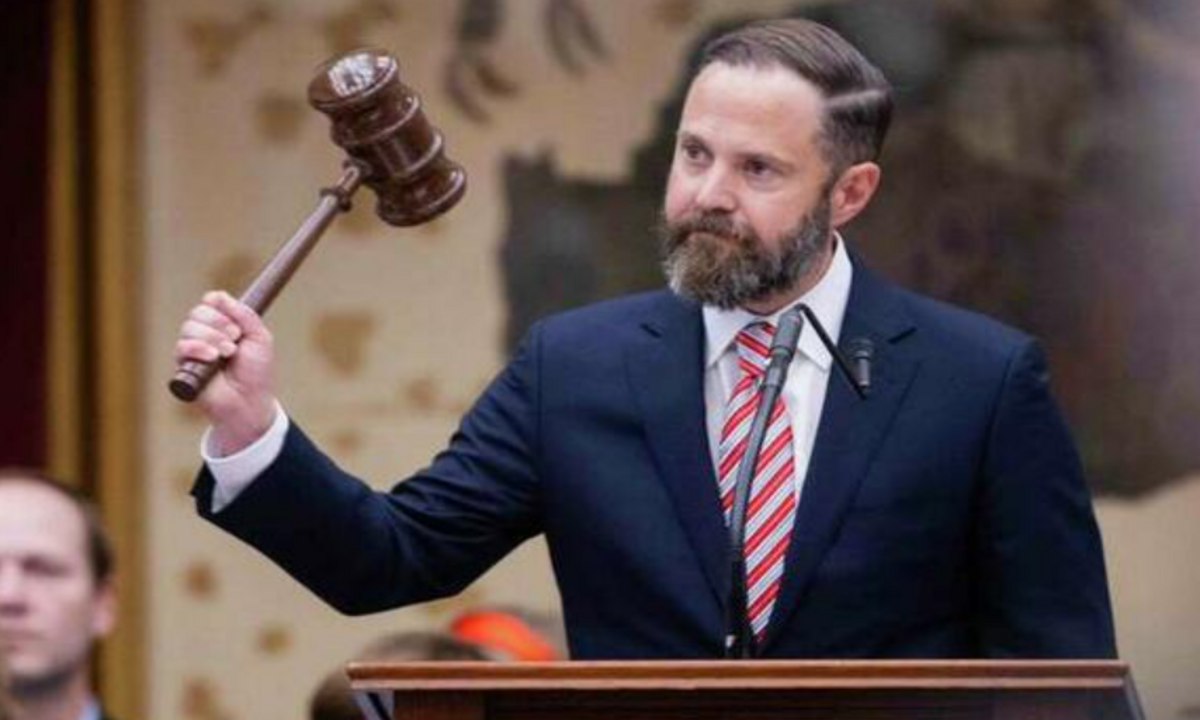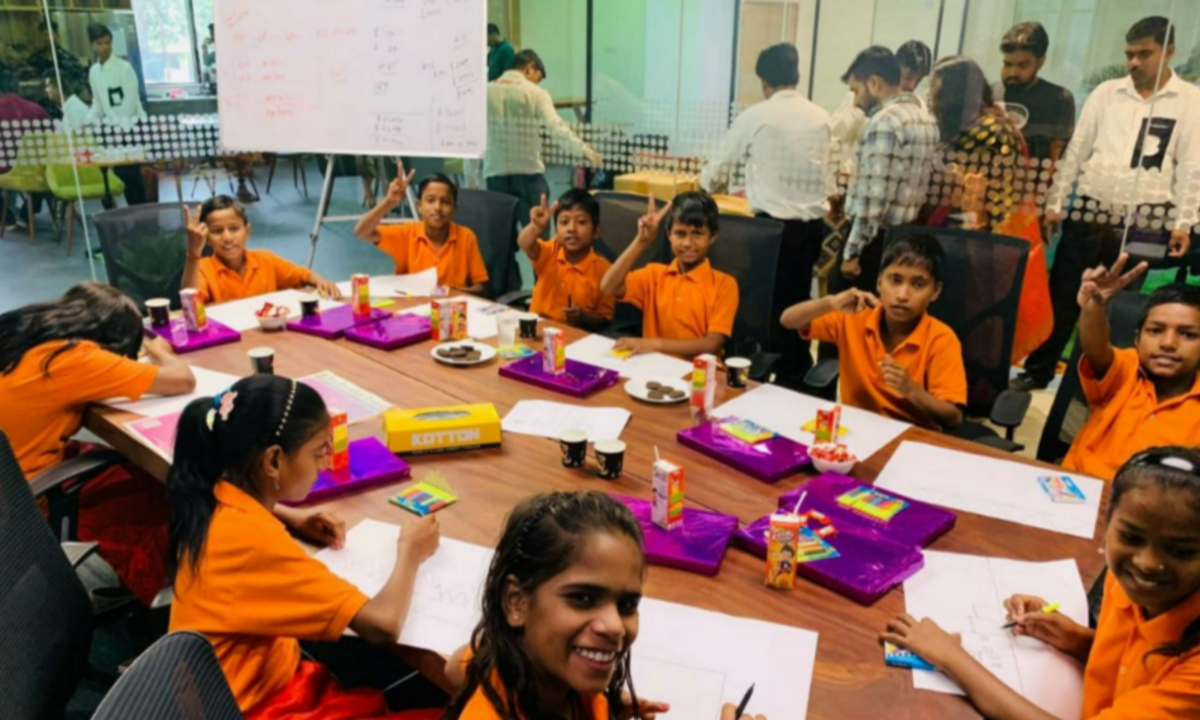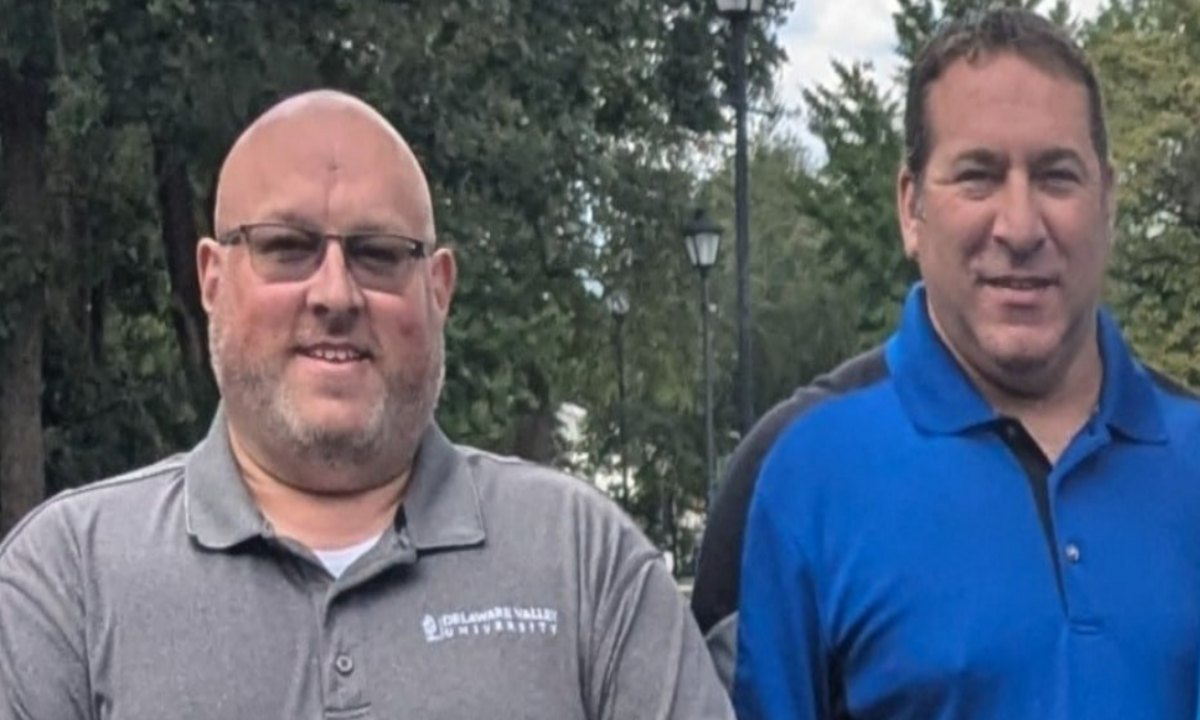The race for Texas House Speaker saw a wave of angry online attacks, many of which were linked to automated bots, according to a new analysis. The study, carried out by a Republican social media marketing firm, has raised serious concerns about the manipulation of online conversations and the role of bots in modern political campaigns.
The attacks, which occurred late last year, targeted state Rep. Dustin Burrows, who eventually won the Speaker’s race. On social media platform X, formerly Twitter, an army of bots flooded the platform with harsh criticisms of Burrows, calling him a “RINO” (Republican In Name Only), a “traitor,” and even a “Democrat shill.” These bots also issued threats to GOP primary voters who supported Burrows, promising to target them in future campaigns.
Burrows faced a tough challenge from his main competitor, state Rep. David Cook, a Mansfield Republican who campaigned as a staunch conservative. Cook, backed by far-right members of the Texas House and significant party donors, promised to keep Democrats sidelined from the policymaking process. His supporters hoped to push the Texas House further to the right, while Burrows was seen as more moderate and tied to the political establishment.
The Role of Bots in Political Campaigns
The findings, published by Switchgrass Social, a marketing firm specializing in digital strategy, shed new light on how bots were used to manipulate online narratives. According to Kelly Pietropaoli, the firm’s president, the number of negative comments aimed at Burrows suddenly spiked. After noticing this trend, the firm’s analysts dug deeper into the data and found troubling signs of automated activity.
The firm analyzed around 900 social media accounts from a sample of thousands, and the results were striking. They discovered that many accounts appeared to have been created solely to attack Burrows, with these accounts posting similar negative messages using the same phrases repeatedly within short time frames. Additionally, the accounts were new, had high volumes of posts, and many were based outside Texas.
These suspicious accounts, Pietropaoli explained, looked like they were part of a “seed farm” or “bot farm” – groups of fake accounts designed to influence public opinion by amplifying negative messages. She added that these bots seemed to disappear once their attacks had been carried out.
While it’s difficult to pinpoint exactly who is behind such bot attacks, experts believe that digital marketing firms can be hired to organize and promote political campaigns using bots. One of the major issues with these attacks is that they don’t always explicitly advocate for or against a candidate, which allows them to fall into a grey area when it comes to campaign finance regulations. This loophole means that outside groups can influence elections without having to disclose their activities to the public.
The Growth of Bot Use in Politics
The revelation about the use of bots in the Texas House race is just the latest example of how digital tactics are being used to shape political discourse. A study from Washington University in St. Louis estimates that bots made up a significant portion of online political activity, with figures ranging from 25% to 68% of X users potentially being automated accounts. With the rise of artificial intelligence and increasingly sophisticated bot technology, the use of bots to manipulate political discourse is becoming a bigger problem than ever.
Soumendra Lahiri, a mathematics professor at WashU who conducted the research, pointed out that bots are becoming increasingly harder to track. “It’s always a cat-and-mouse game,” Lahiri said. “As soon as you identify a pattern, the bots change, and they become harder to spot. They are constantly evolving to avoid detection.”
What This Means for Texas Politics
The use of bots in political races has the potential to undermine the integrity of elections and manipulate public opinion on a large scale. While no one has been accused of any criminal activity in connection with the bot attacks on Burrows, the revelation calls into question the role of outside influences in local political campaigns. Burrows won the speaker’s race by a significant margin, securing 85 votes to Cook’s 55, with support from both Democrats and Republicans in the House.
As political campaigns continue to embrace digital strategies, the issue of bot-driven manipulation is likely to grow. With elections becoming more influenced by online discourse, the use of automated accounts to sway public opinion is something that voters, lawmakers, and digital platforms need to take seriously.
Disclaimer—Our team has checked this article to ensure its accuracy and eliminate any misinformation. We are committed to providing clear and reliable information for our readers.




